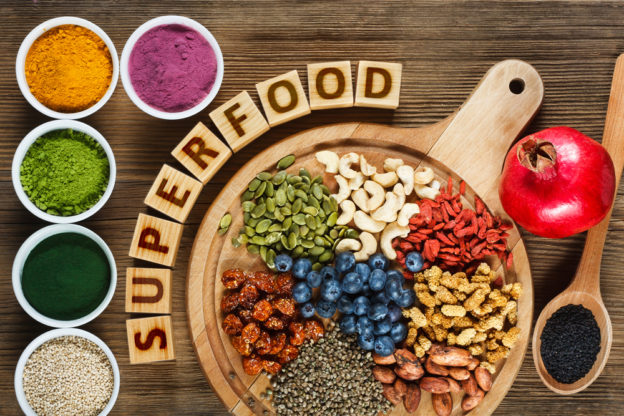Tired of being told what not to eat? Sample these choices and feel good about including them as part of your balanced diet.
Hardly a day goes by without the media reporting some food that’s been found to be bad for you. One day, it’s processed meats; the next, it’s baked goods made with trans- fatty acids. Faced with this litany of ’don’ts’, you start to wonder whether any food is okay to eat! The 25 healthy foods listed on these pages represent a sampling of the variety of foods you can choose to include in your nutritious diet.
Bananas

A good source of magnesium which protects against bone loss and is associated with heart health. bananas are also packed with potassium. With 422 milligrams of potassium in one medium size banana, you’re getting almost 10% of the 4,700 milligrams your body needs. Potassium helps lower blood pressure and reduces the risk of kidney stones and bone loss.
Broccoli

You probably don’t need any convincing that broccoli, the classic “good for you” vegetable, is a healthy choice. Rich in dietary fiber, minerals, and antioxidants, broccoli is an exceptionally rich source of vitamin C.
Apple

You know what they say about keeping the doctor away? An apple a day may not be quite that powerful, but apples are a good source of fiber. Among fruits, red apples are highest in quercetin, which researchers are studying for possible antioxidant benefits. But the antioxidants are concentrated in the skin, so don’t peel before eating.
Kidney Beans
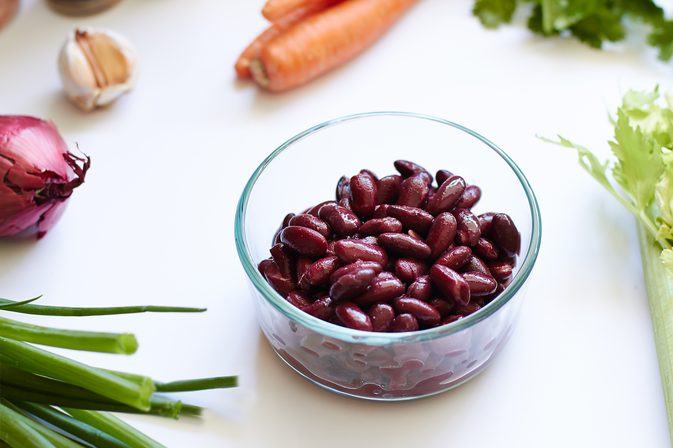
Rich in fiber, iron and protein, beans can be a key ingredient in an occasional meatless meal. They’re also a source of potassium, magnesium and folate, which researchers are studying for potential benefits to the brain. Beans of all types are good choices and nutritionally similar. Kidney beans give you marginally the most protein and fiber with the fewest calories.
Milk

(Whole/ skimmed/ non-fat) That ad campaign urging you to drink milk is on- target. In addition to delivering calcium, fortified milk is among the best ways to get vitamin D, which your body needs in tandem with calcium to build bone strength and prevent osteoporosis.
Almonds

A good source of potassium, almonds, like other nuts, are low in saturated fat and high in unsaturated fats. But they’re also high in calories, so substitute almonds for a snack that’s high in trans or saturated fat; otherwise, the added calories offset any heart-healthy benefits. Almonds are also a source of riboflavin, magnesium and zinc.
Spinach

Popeye was onto something here. Besides being the quintessential dark leafy green and rich in vitamins A and K (plus some folate), spinach is also packed with lutein. Researchers have found that lutein consumption is associated with a reduced risk of macular degeneration, the leading cause of vision loss and blindness in people aged 65 and older.
Tea

A nice cup of freshly brewed tea is definitely better than a sugary soft drink. Research has suggested many possible benefits from the phytonutrient antioxidants in tea, but the strongest scientific evidence is for reducing heart disease.
Tuna

Besides being a good choice for Omega-3 fatty acids, tuna is high in vitamins B6 and B12 as well as protein. If you buy canned tuna, opt for water- packed, and resist the impulse to mix it with fatty mayo.
Carrots

You knew carrots were good for you, but did you know how good? Carrots are a prime example of why it’s important to eat a ‘rainbow’ of different fruits and vegetables representing the whole spectrum of colors. This orange option delivers 150% of your daily vitamin A in just half a cup, plus lesser percentages of a variety of other vitamins and minerals.
Oranges

Of course, you already know about the benefits of eating from the ‘sunshine tree’- notably, getting more than a day’s dose of vitamin c in just one navel orange. Orange are also a pretty good source of potassium.
Prunes
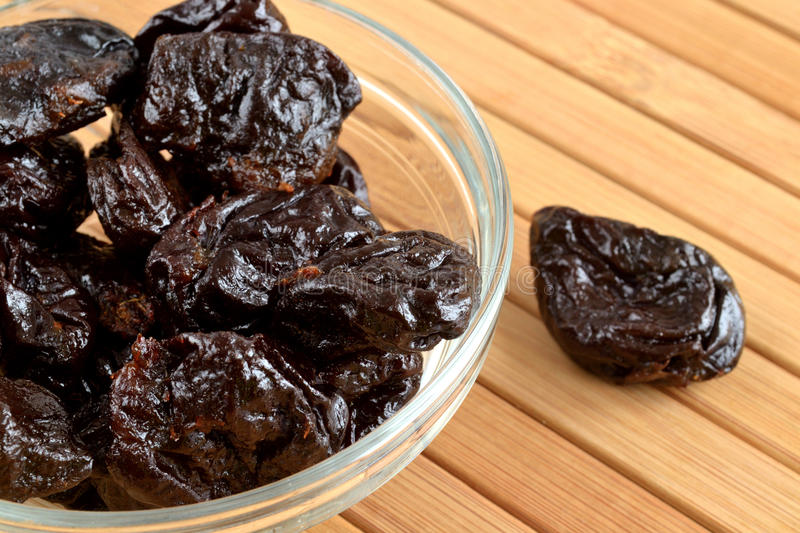
Prunes aren’t just your mom’s constipation cure. A half cup of dried prunes provide a quarter of your daily fiber. Plus you’re also getting potassium, vitamin A, vitamin B6 and powerful antioxidants.
Tomatoes
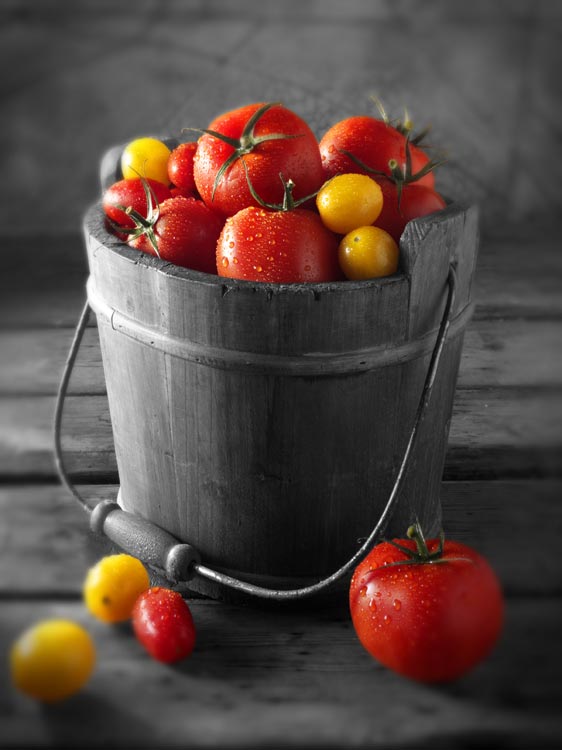
Men have been gobbling tomatoes ever since research suggested that the lycopene therein may protect against prostate cancer. A recent study points to a similar effect for pancreatic cancer in men. Tomatoes are also a good choice of lutein, and a single medium size tomato contains half your daily value of vitamin C.
Oatmeals
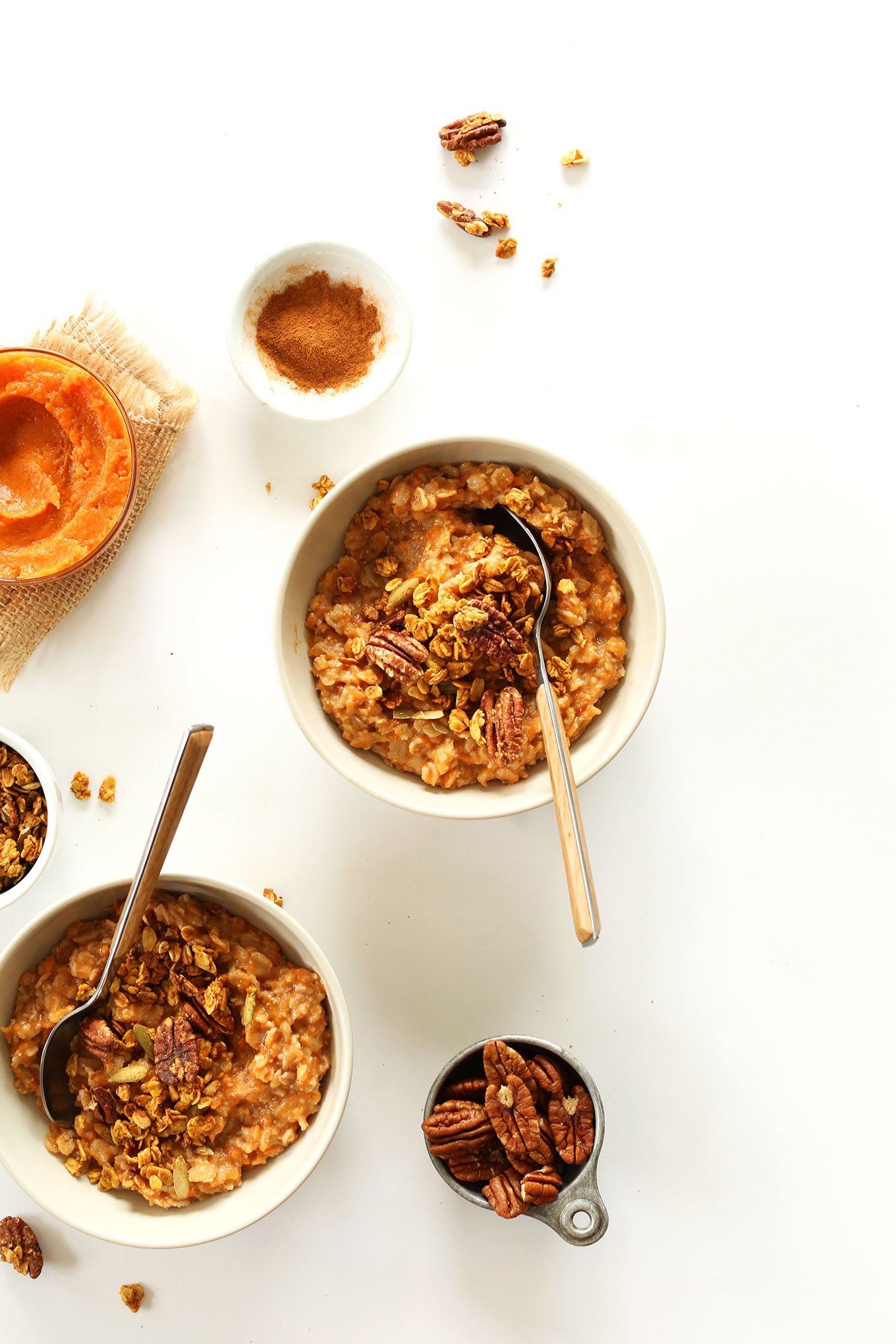
Besides the benefits of starting your day with a healthful breakfast, and besides the fact that oatmeal helps you get whole grains, oatmeal has been shown to lower cholesterol. Watch out for instant oatmeal packages, though, which typically contain lots of extra sugar.
Walnuts
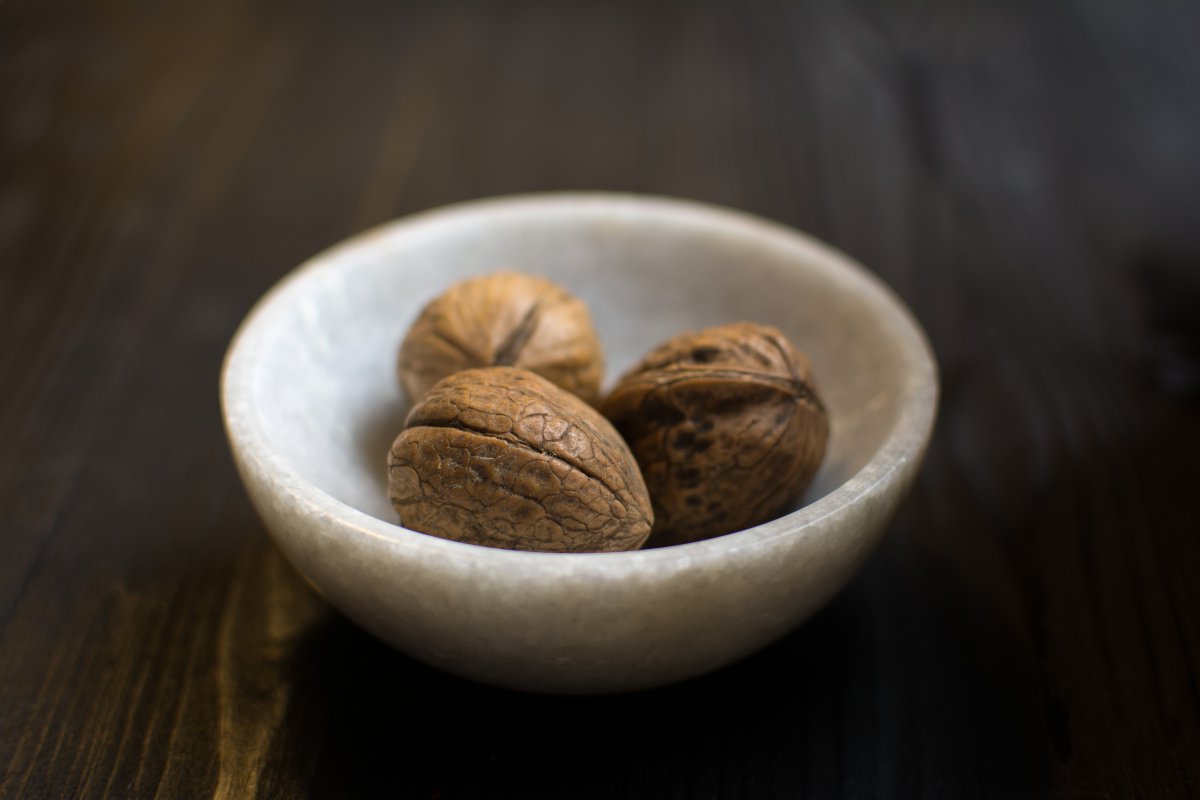
Remember what we said about almonds? The same goes for walnuts: They’re low in saturated fat, free of cholesterol and high in unsaturated fat, but only a good idea ‘replacing foods packed with saturated fat. Although a quarter cup ‘ walnuts ‘‘ contains 4 grams of protein, you’re also consuming 160 calories. Walnuts are relatively high in essential minerals and folate.
Cauliflower
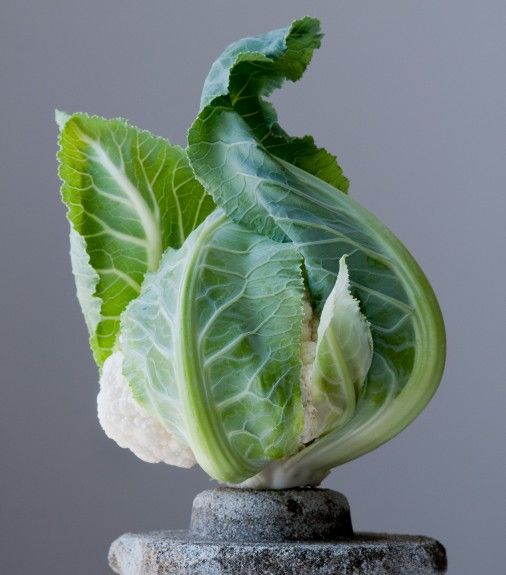
Don’t let the pasty white color fool you. Cauliflower is a cruciferous vegetable (meaning it’s from the mustard family), just like broccoli and Brussels sprouts. Compounds in cruciferous vegetables have been suggested as possible cancer protectors. In any case, cauliflower packs a nutritional punch, with 45% of your daily vitamin C in just half a cup.
Yogurt
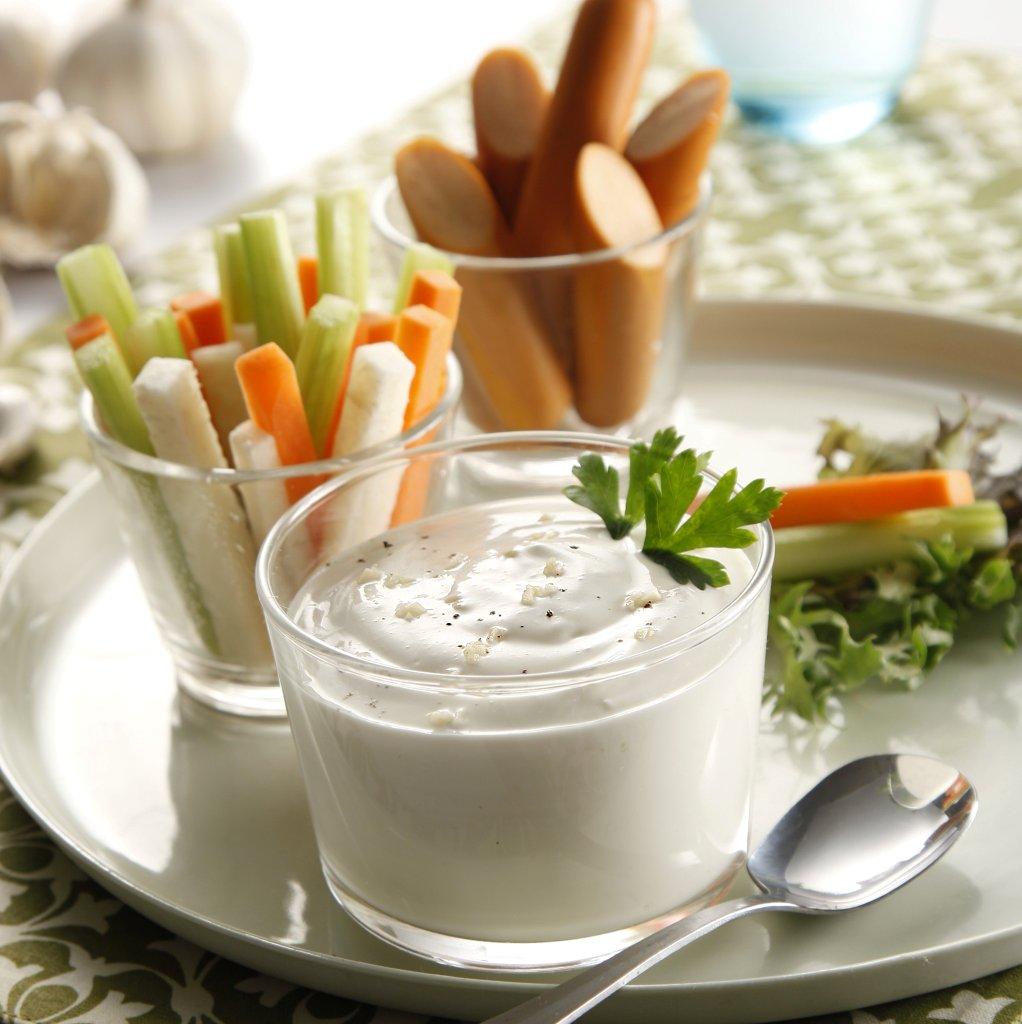
Here’s a delicious way to get your daily dairy. Besides calcium, yogurt gives you protein, magnesium and a variety of vitamins including B12. its even been linked to better breath. However, yogurt doesn’t have vitamin D, so it’s no substitute for milk.
Salmon
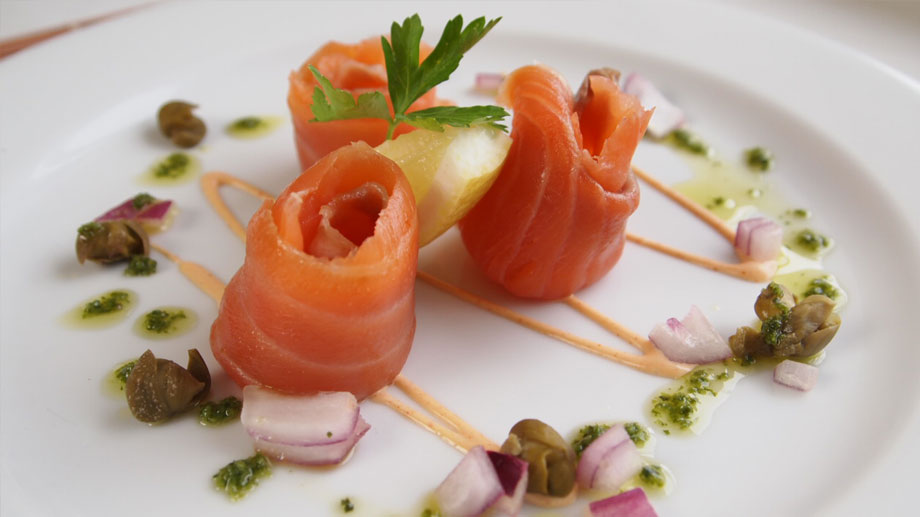
The classic example of fish with heart-healthy Omega-3 fatty acids, salmon can be broiled, baked or grilled to make a main dish. If you occasionally opt for canned salmon with the bones, you’ll also get calcium in the bargain.
Peaches
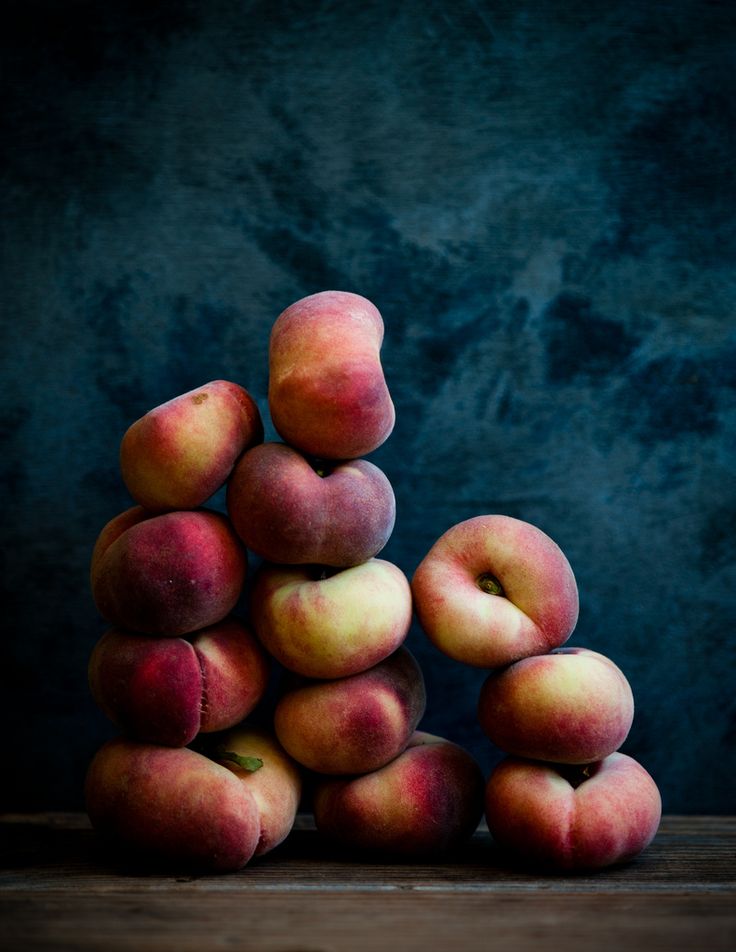
Peaches and similar fruits such as nectarines deliver modest amounts of vitamins (especially A and C), niacin and minerals (particularly potassium), while satisfying your craving for something sweet — all at a tiny price in calories (only 40 in a medium size peach).
Watermelon
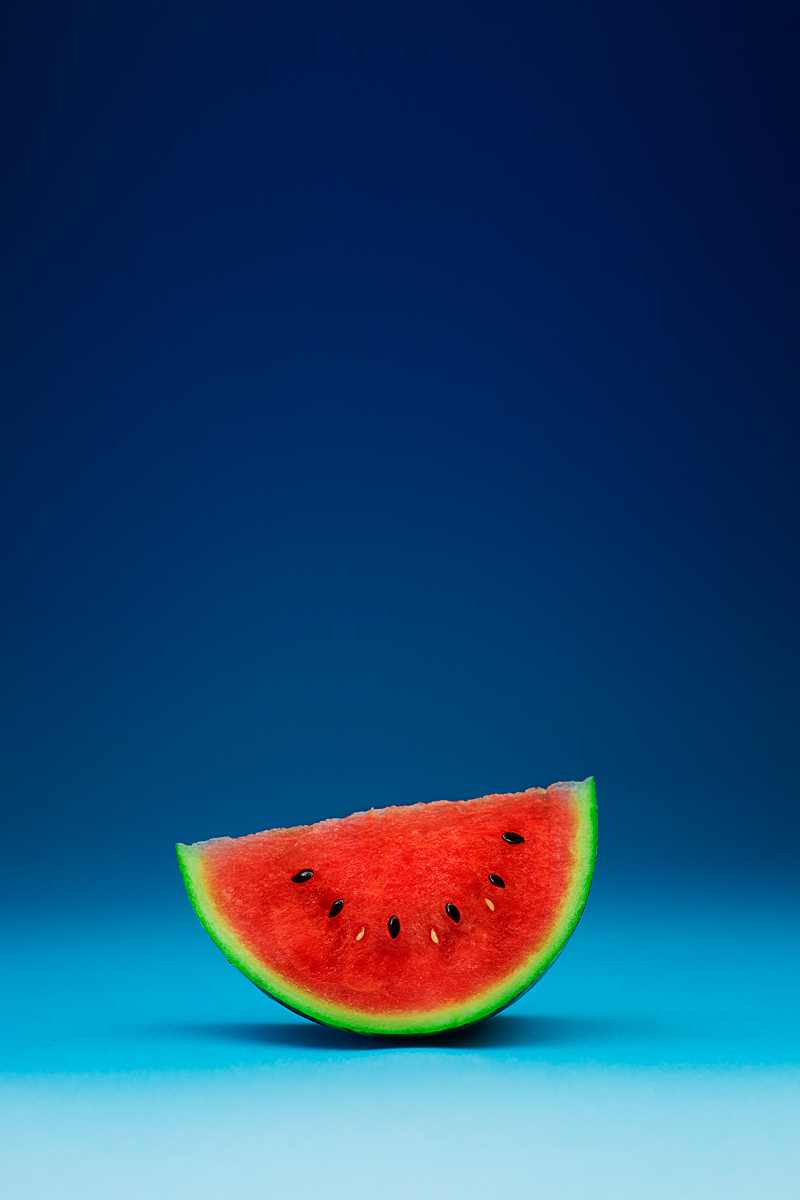
A good source of Iycopene, a cup of watermelon also gives you about 20% of your daily vitamin C and 15% of vitamin A in a sweet treat with only 45 calories.
Apricots
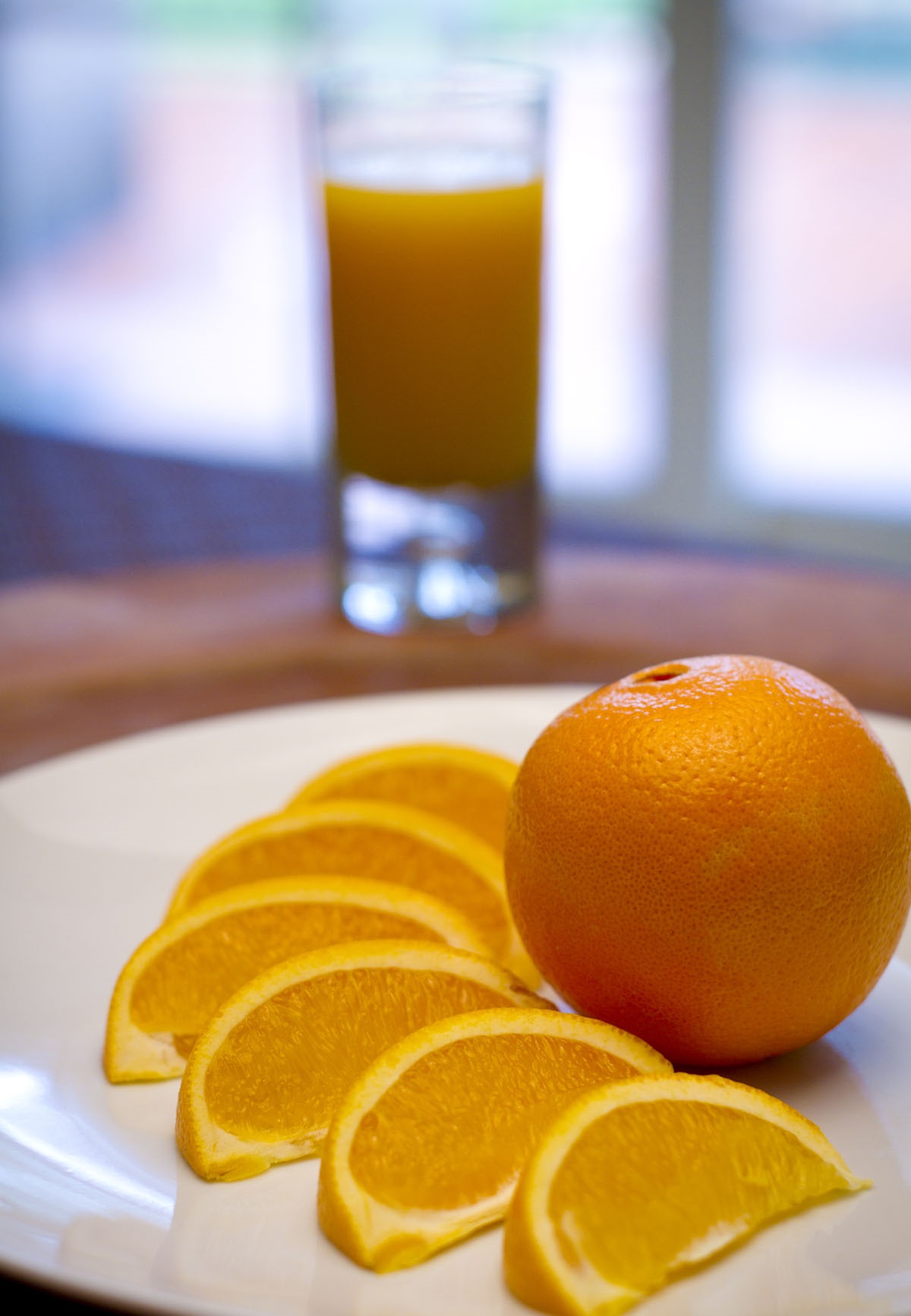
A good source of vitamins A and C. apricots are also a way to get Iycopene, which has been associated with cancer prevention in men.
Brown Rice
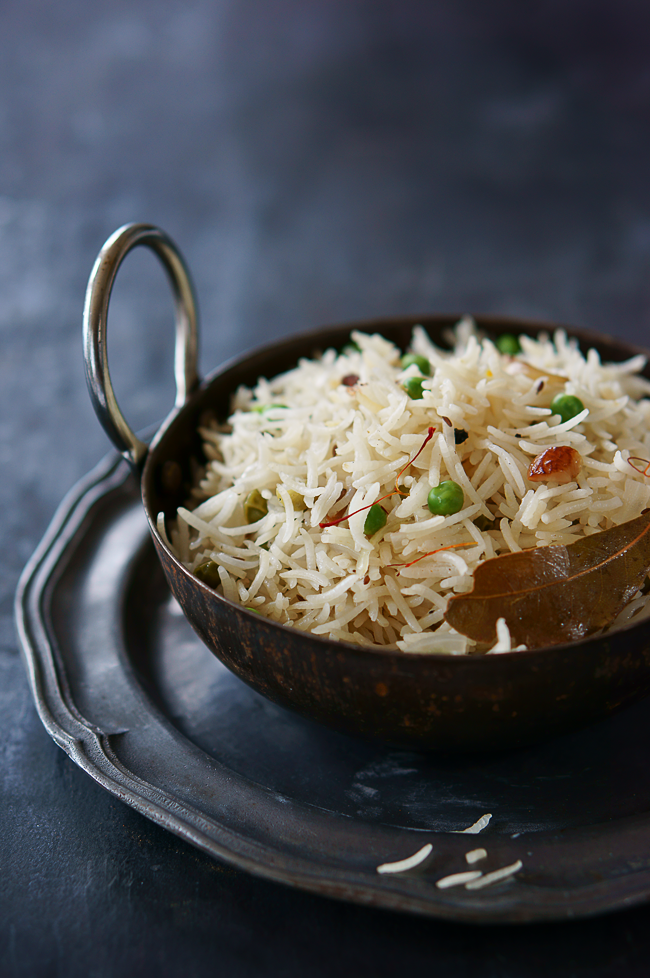
Part of the push to replace processed foods with whole grains means eating more brown rice instead of the white you probably grew up on. Whole grains like brown rice include the bran and germ of the natural grain that are lost in processing to make white rice, which contains only the inner endosperm. A lot of good stuff gets lost in the bargain. Brown rice has almost 10 times as much phosphorus and potassium as white rice, for instance.
Strawberries
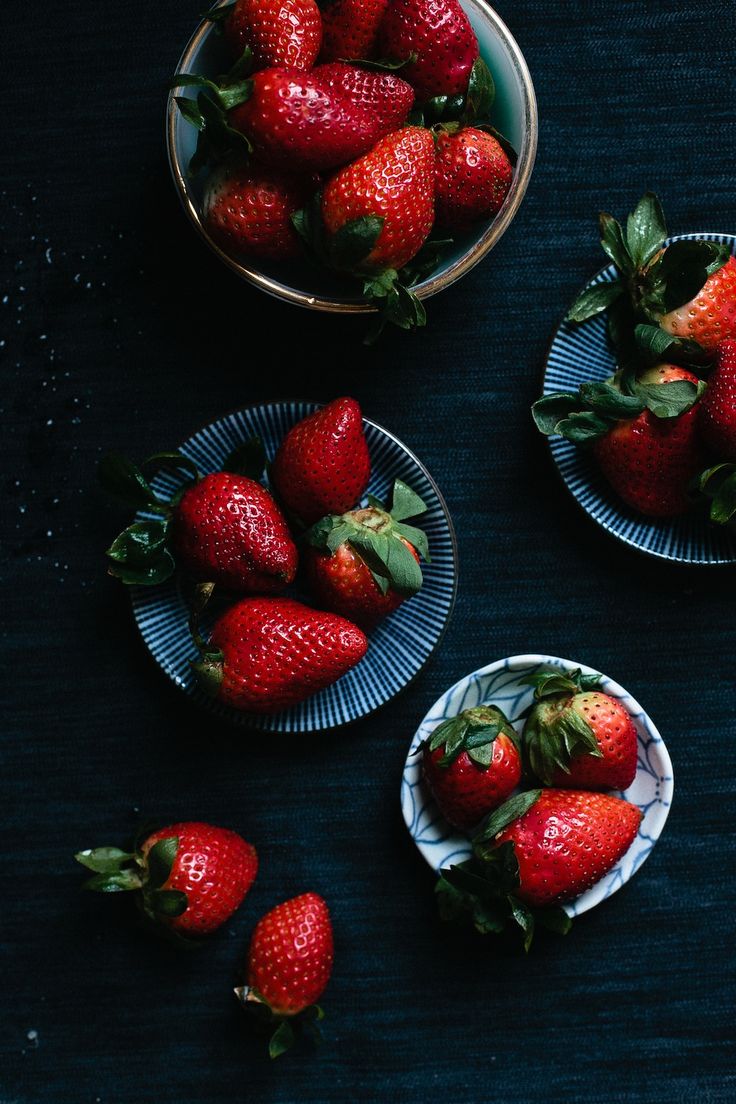
Like most berries, grapes and prunes, strawberries contain anthocyanins – powerful antioxidants that improve blood circulation. Strawberries a also a good choice for folate and vitamin C.
Chicken Breast
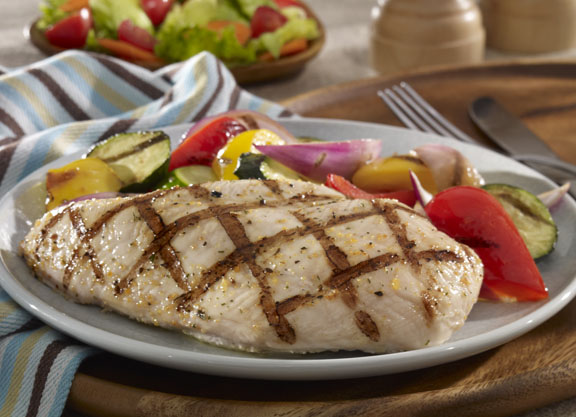
Boneless, skinless chicken breasts are a good way to get protein (half your daily value in a 3-ounce serving) without a lot of fat (3 grams total, including just 1 gram of saturated fat) or calories (140. only 18% of them from fat). Broil, bake or grill — don’t fry — to keep chicken a smart choice.
Quinoa
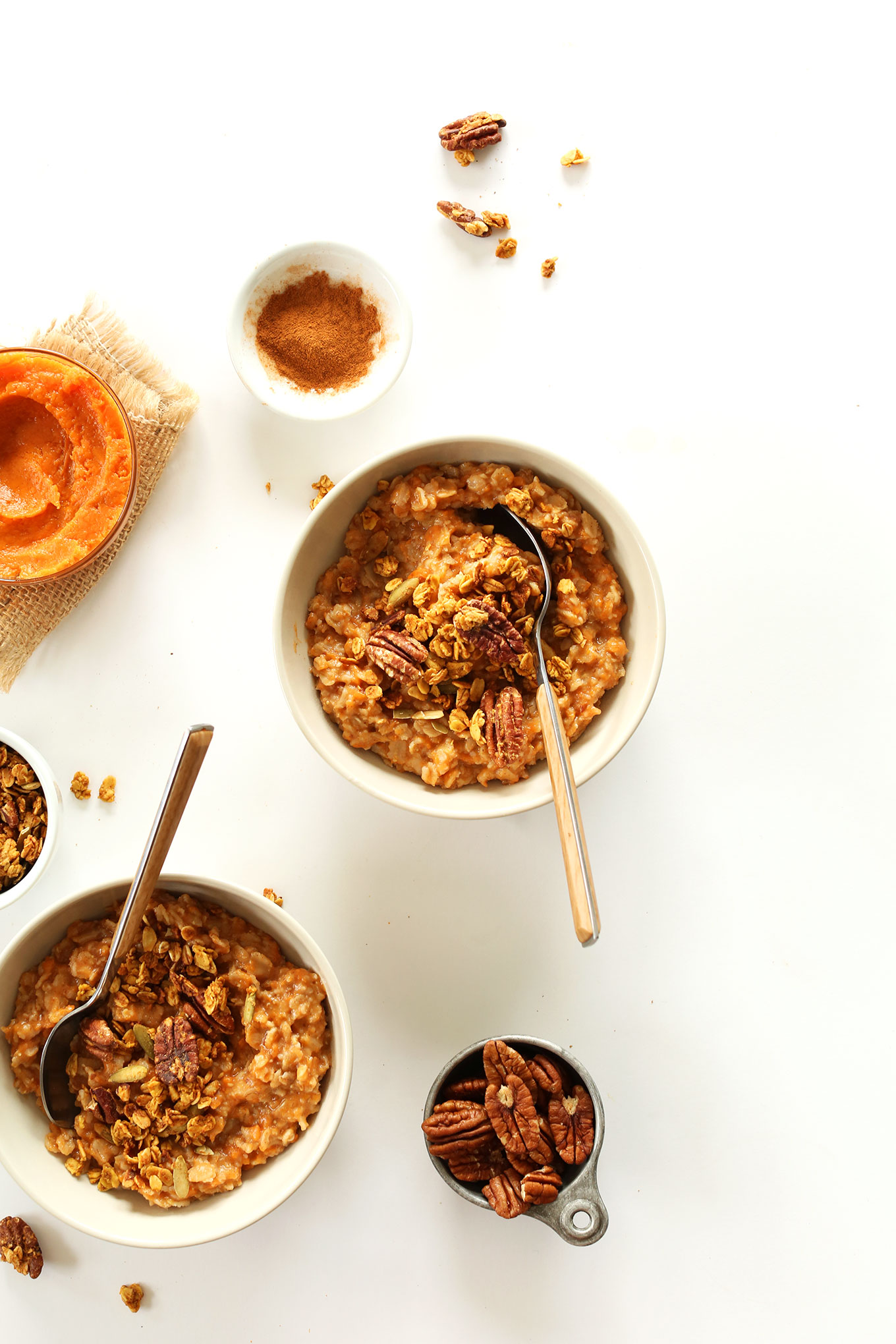
Another whole grain option, quinoa is catching on as an alternative to refined grains and other mealtime ‘starch’ choices. Remember to rinse it well before cooking.
